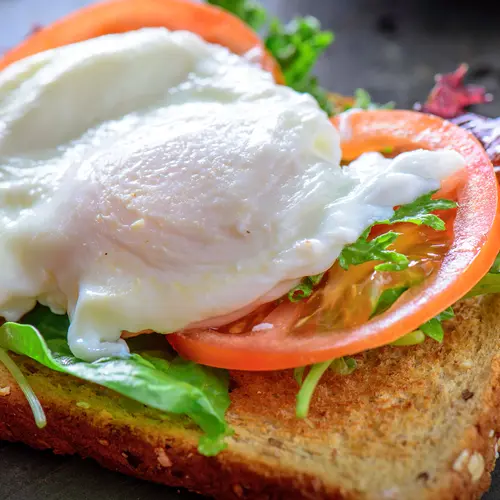For most people, medication is a major part of the plan to lower their blood pressure. These drugs, also called "anti-hypertensive" medicine, won't cure high blood pressure. But they can help bring it back down to a normal range.
Which medicine you should take depends on things like:
- How high your blood pressure is
- What's causing it
- How your body responds to the drugs
- Other health problems you have
Many people need more than one type of medication to control their high blood pressure. It may take some time working with your doctor to find the drugs and doses that work best for you.
Diuretics
These are often called "water pills." They're usually the first type of high blood pressure medicine that your doctor will try.
They help your kidneys take salt and water out of your body. Because you have less total fluid in your blood vessels, like a garden hose that's not turned on all the way, the pressure inside will be lower.
- Amiloride (Midamor)
- Bumetanide (Bumex)
- Chlorthalidone (Hygroton)
- Chlorothiazide (Diuril)
- Furosemide (Lasix)
- Hydrochlorothiazide or HCTZ (Esidrix, Hydrodiuril, Microzide)
- Indapamide (Lozol)
- Metolazone (Mykrox, Zaroxolyn)
- Spironolactone (Aldactone)
- Triamterene (Dyrenium)
Sometimes you can get more than one diuretic in a single pill.
Beta-Blockers
They'll slow down your heartbeat and keep your heart from squeezing hard. This makes blood go through your vessels with less force.
Alpha-Blockers
These stop nerve signals before they can tell your blood vessels to tighten. Your vessels stay relaxed, giving the blood more room to move and lowering your overall blood pressure.
ACE Inhibitors
Angiotensin-converting enzyme inhibitors prevent your body from making a hormone that tells blood vessels to tighten. With less of this hormone in your body, your blood vessels stay more open.
ARBs
Angiotensin II receptor blockers stop that same hormone from working. Your body makes it, but ARBs prevent the hormone from constricting the muscles in your blood vessels, like putting chewing gum in a lock.
Direct Renin Inhibitors
These target the same process that ACE inhibitors and ARBs do, so your blood vessels don't tighten up. But they work on the enzyme renin instead. They stop it from triggering reactions before the hormone gets made.
Calcium Channel Blockers
They're sometimes called CCBs for short, or calcium antagonists. They don't let calcium into certain muscle cells in your heart and blood vessels, so it's harder for electrical signals to pass. Some CCBs keep blood vessels from tightening. Others slow your heart rate or make your heart ease up on how hard it squeezes to push blood.
- Amlodipine (Norvasc)
- Bepridil (Vasocor)
- Diltiazem (Cardizem, Dilacor, Tiazac)
- Felodipine (Plendil)
- Isradipine (DynaCirc)
- Nicardipine (Cardene)
- Nifedipine (Adalat, Procardia)
- Nisoldipine (Sular)
- Verapamil (Calan, Covera, Isoptin, Verelan)
Central Agonists
They stop your brain from sending signals that speed up your heart rate and narrow your blood vessels. These drugs are also called central-acting agents, central adrenergic inhibitors, and central alpha agonists.
Peripheral Adrenergic Blockers
They prevent signals that your brain sends from getting to your blood vessels and telling them to tighten. Doctors don't prescribe these drugs often.
Vasodilators
These relax the muscles in your blood vessel walls. The vessels widen, and blood can flow through more easily.
Combinations
Some medicines combine different kinds of drugs.
- Bisoprolol + hydrochororthiazide (Ziac), beta-blocker and diuretic
- Carvedilol (Coreg), alpha-blocker and beta-blocker
- Labetalol (Normodyne, Trandate), alpha-blocker and beta-blocker
- Olmesartan + hydrochorothiazide (Benicar), ARB and diuretic

